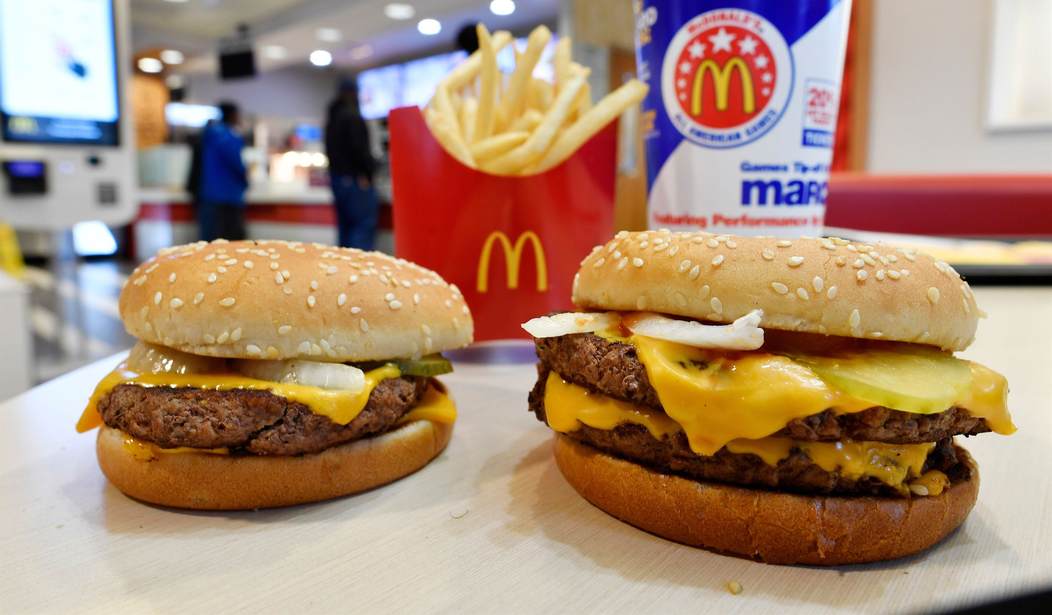The president of McDonald’s USA pushed back on recent reports about how menu prices at the fast-food chain have drastically increased in recent years, calling them “inaccurate” and “poorly sourced.”
In an open letter to U.S. customers, McDonald’s President Joe Erlinger said the company feels it has a responsibility to set the record straight.
“I can tell you that it frustrates and worries me, and many of our franchisees, when I hear about an $18 Big Mac meal being sold - even if it was at one location in the U.S. out of more than 13,700,” he wrote. “More worrying, though, is when people believe that this is the rule and not the exception, or when folks start to suggest that the prices of a Big Mac have risen 100% since 2019.”
He compared the average price of a Big Mac in the U.S. in 2019 to now, and said there’s been a 21 percent hike—not 100 percent—due to the pandemic and increases in “supply chain costs, wages, and inflationary pressures in the years that followed.”
Those inflationary pressures, he explained, have hit all sectors of the economy.
"Our franchisees (who own and operate more than 95% of all restaurants in the U.S.) set menu prices for their restaurants, which account for the increased costs of running their businesses," he said. "In doing so, they work hard to minimize the impact of price increases on our fans. This includes the everyday prices on our restaurant menu boards to special limited-time offers.
Recommended
"That’s why prices for many of our menu items have risen less than the rate of inflation – and remain well within the range of other quick service restaurants," Erlinger continued. "It’s also why more than 90% of U.S. franchisees are offering meal bundles for $4 or less."
In the letter, Erlinger included a section comparing seven common myths about the price increases with the facts, though critics were quick to highlight he admits that prices on menu items have gone up about 40 percent over the last five years.
His letter comes as a new report out Monday showed how much some popular combo meals have shot up in price.
Official figures show that annual inflation for the fast food sector is 4.8 per cent, but that tells only part of the story after years of rises, a report by USA Today shows.
Prices for a typical combo meal at the five biggest burger chains - McDonald's, Burger King, Wendy's, Carls Jr and Five Guys - have risen as much as 120 per cent in a decade.
That is more than three times the official rate of inflation - the cost of goods has risen just 31 percent since 2014, according to the US Bureau of Labor Statistics.
There is no doubt Americans have been voting with their wallets.
In the first three months of 2024, visitors to fast food chains slumped by 3.5 percent on a year ago, according to data from Revenue Management Solutions.
In real terms, that is millions of Americans a week skipping the drive-thru - with chains themselves admitting higher prices have put off burger fans. (Daily Mail)
Erlinger's message to consumers comes after a new LendingTree survey found 78 percent of respondents said they now view fast-food as a "luxury."

























Join the conversation as a VIP Member